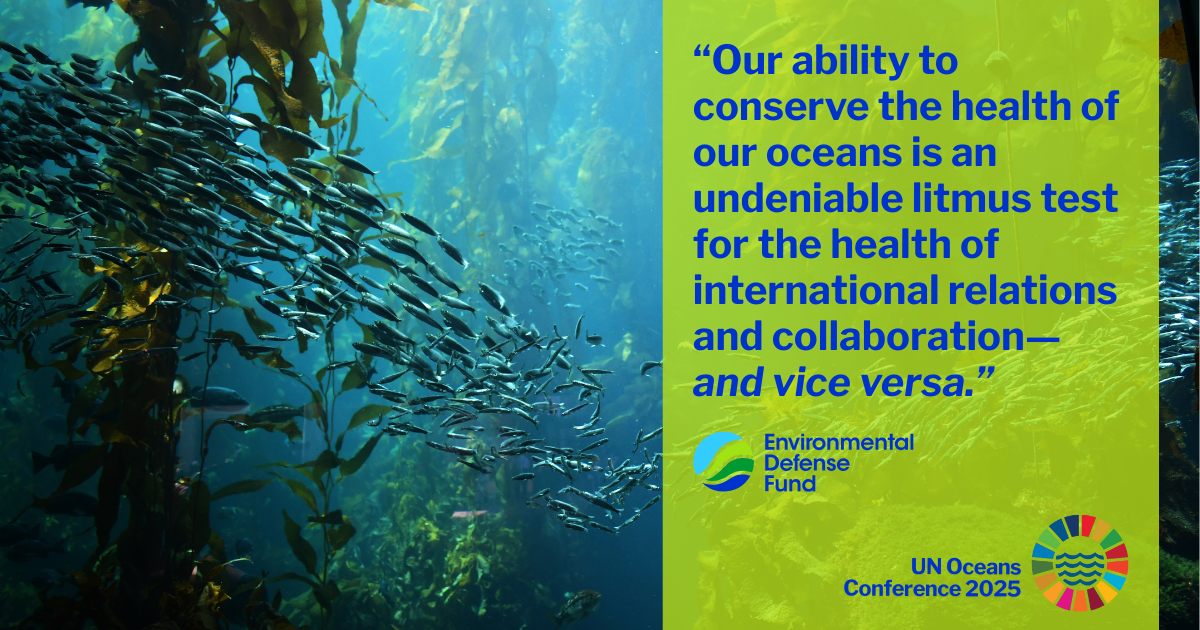HRH the Prince of Wales launches his Marine Programme with a Message of Hope
In a speech marking the launch of his International Sustainability Unit (ISU) Marine Programme, HRH the Prince of Wales struck an optimistic note. His message was clear and simple “if managed properly our seas could still provide us with profitable harvest for years to come. However, if we are not careful we may end up breaking the bank.”
Good practice can translate into bigger catches of fish, higher earnings and more secure jobs.
In the two years leading up to Friday’ s official launch in London, the ISU has lead both in-depth research and a multi-stakeholder consultation process. This has resulted in their report Towards Global Sustainable Fisheries. The Opportunity for Transition. ISU identified three tools for rebuilding global fish stocks:
- Smart economics, including access rights and addressing perverse subsidies
- An ecosystem approach, including focus on a/o data collection and reduction of by-catch
- Robust management including monitoring and enforcement
“That some organizations have experimented successfully with innovative market incentives to achieve more sustainable fisheries is very encourgaing. It is the ISU’s intention to build a consensus on how some of these mechanisms might be scaled up and how transitional finance might be best deployed,” said the Prince.
The ISU’s accompanying report Fisheries in Transition details 50 case studies of fisheries moving towards sustainability and examines how to expand and accelerate this movement. The study identified three key enablers of change: increasing knowledge and awareness of the importance of sustainable fisheries; provision of significant funding for fisheries in transition; and greater participation from the private sector along the supply chain.
Going forward the ISU’s Marine Programme will focus on the “emerging consensus between stakeholders about the importance of sustainable fish stocks and the solutions required achieving their sustainable management.” It hopes to facilitate agreement on using the ‘enablers of change’ to increase the number of sustainable fisheries around the world.
That HRH the Prince of Wales and the ISU have an amazing convening power was clear from the veritable who’s who of fisheries present at the event at London’s Fishmonger’s Hall. The European Commissioner for Maritime Affairs and Fisheries, Maria Damanaki, applauded the ISU and spoke of her own efforts on launching a “fundamental reform of the EU fisheries policy”.
Meanwhile the World Bank’s Jim Anderson spoke of the need to identify “opportunities for sustainable wealth creation” and said it was “essential for reforms to create assets that are long-term, secure, well-defined and tradable.” Rashid Sumaila, Director of the Fisheries Economics Research Unit at the University of British Columbia, stressed the need to convert the perverse subsidies which are eroding our oceans.
With so much goodwill and optimism in the room, we can but look forward to our continued dialogue with the ISU and the powerful alliance of fishermen, industry, NGO, academics and government that they have pulled together. We commend HRH the Prince of Wales for his dedication to the future of marine capture fisheries and congratulate HRH and the ISU on the identification of smart economics as a requisite for change.












